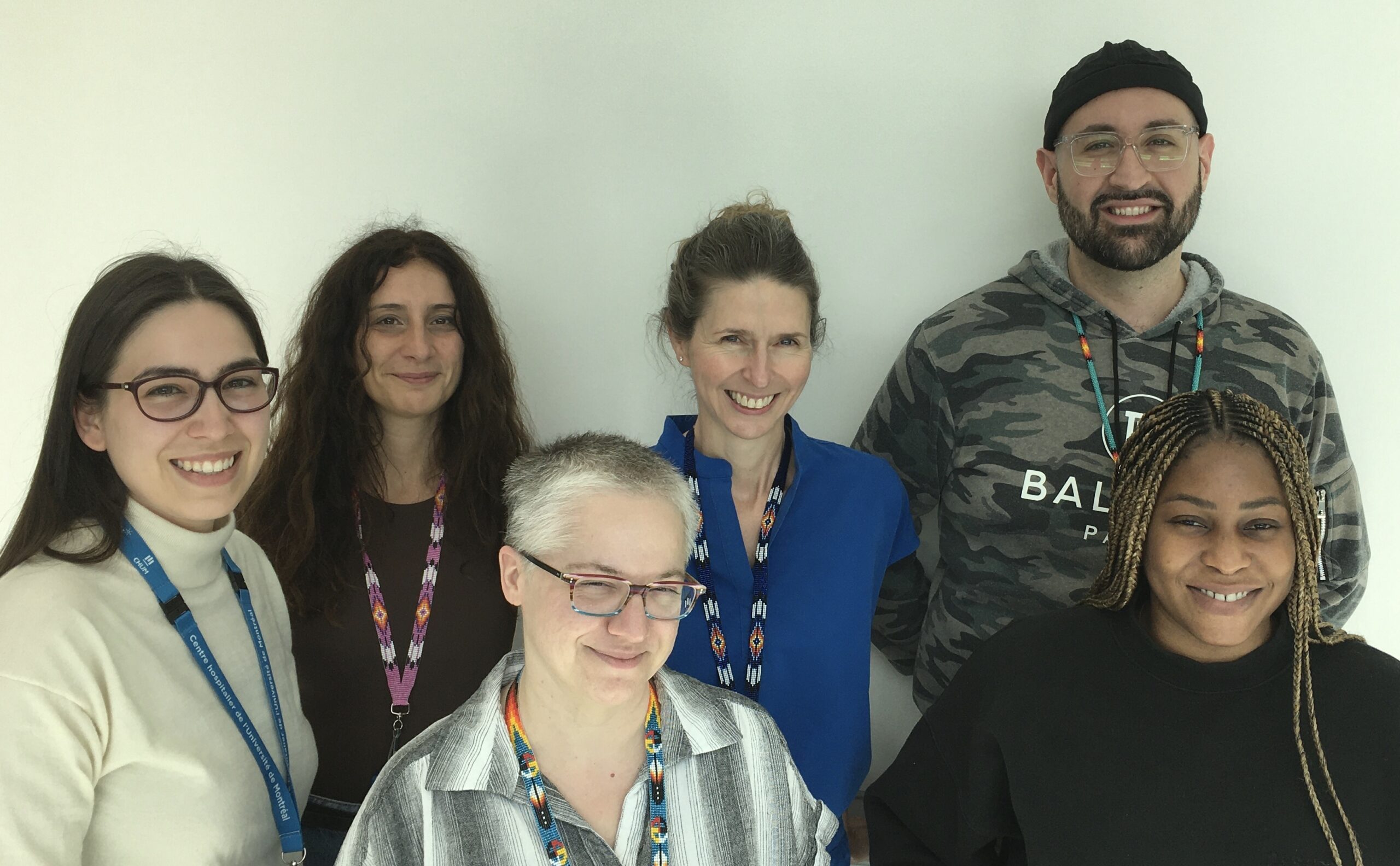
Indigenous Peoples face considerable inequalities due to Canada’s past assimilation practices. Due to these practices, they have experienced a loss of cultural identity as well as social exclusion. This has made it challenging for Indigenous Peoples to get proper access to healthcare services, such as substance abuse treatment. This situation has become an urgent health problem that requires the engagement and collaboration of Indigenous communities, the health network and community organizations. There are numerous risks associated with alcohol and drug use. We’re seeing higher rates of chronic illness and death among Indigenous Peoples.
When community members in Listuguj, located in the Gaspé Peninsula, met with the drug addiction service (SMT) for the Centre hospitalier de l’Université de Montréal (CHUM), they voiced their outrage at the lack of access to addiction care that’s culturally safe and that doesn’t require costly travel. Following this meeting, Indigenous organizations and the SMT created a virtual care program that’s sensitive to Indigenous needs and values.
The SMT has partnered with 18 organizations that are present in 5 of the 11 Indigenous Nations in Quebec to staff offices that offer virtual care to Indigenous Peoples. This partnership reduces the financial strain for the community and improves accessibility to addiction care that’s respectful of their values.
Our team uses a reciprocal learning approach so that we can exchange knowledge with our partners, which is essential to maintaining the virtual clinic.
Project submitted by:
Dr. Stéphanie Mari-Anka Marsan, Chief of Addiction Medicine
Contributors:
Patricia Lalonde, Planning, Programming and Research Officer
Barbara Kotsoros, Clinical Nurse
Mélanie Ricard, Administrative Agent (AA2)
Stéphanie Marsan, Physician and Medical Chief, Addiction Medicine Service
Sofiane Chougar, Acting Head Nurse
Johanna Sincère, Nurse Clinician